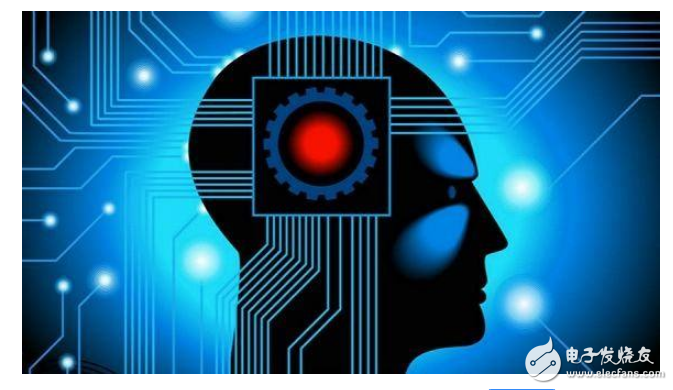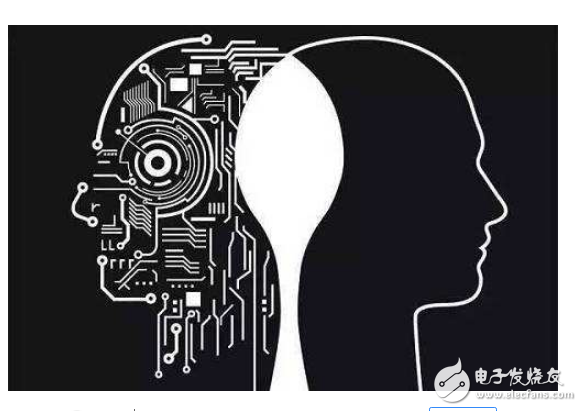The giants have entered the AI ​​battlefield, can it become a new favorite?
**Foreword**
The AI market is heating up rapidly. After Foxconn invested 2.1 billion yuan into artificial intelligence, the "fire" of the AI battlefield hasn’t stopped—it has only grown stronger, adding more fuel to an already intense competition.

**Giants Have Entered the AI Battlefield**
In mid-February, The Information reported that Amazon has started designing and manufacturing its own AI chips. This move signals Amazon’s ambition to stay competitive in the smart home hardware and consumer AI markets. Currently, the company has nearly 450 chip experts on staff.
These custom chips are designed to reduce Alexa’s reliance on remote servers and enhance the performance of Echo devices. Additionally, at the end of last year, Amazon acquired Blink, a home security camera company, for $90 million. Blink originally developed chips for video compression, which later led to the creation of its camera systems. This acquisition significantly boosted Amazon’s internal chip design capabilities.
According to data from Paysa, Amazon has over 449 employees with chip expertise in the U.S., along with 377 open positions in related fields. The company has been actively recruiting top talent from companies like Intel, Microsoft, Apple, and Qualcomm.
Beyond Amazon, tech giants such as Baidu, Tencent, Apple, Huawei, and Qualcomm have also made significant moves into the AI space. In fact, Chinese AI startups raised more funding than their U.S. counterparts in 2017, accounting for nearly half of the global total. CB Insights reported that global AI startup funding reached $15.2 billion in 2017, a record high. Of that, 48% came from Chinese companies, surpassing the U.S. for the first time.
Much of this funding has been directed toward facial recognition technology and AI processors supported by the Chinese government. As the AI landscape continues to evolve, companies are racing to adapt and lead.
On February 25, Beijing Shenzhou Taiyue, a leader in IT management, announced that it had increased its investment in AI and big data operations. By the end of 2017, the number of AI professionals at the company had risen from 150 to 598—a 299% increase.
Behind this transformation lies a fierce battle for talent. As seen in the numbers, companies are raising entry barriers and investing heavily in skilled personnel. Years ago, it was reported that Foxconn aimed to achieve a successful transformation by focusing on talent development, including stricter hiring standards.
**"If you miss the AI opportunity, you risk being left behind,"** said the president of Rongyao Mobile in a recent article in the People’s Daily. He emphasized that for the mobile phone industry, AI represents a major chance for leapfrog development. Those who seize it will lead the market, while those who don’t may be left behind.
Every year, the mobile phone market undergoes rapid changes. From shifts in company leadership to fluctuations in sales, the numbers speak volumes about strategic direction.
Some argue that features like full-screen displays took years to gain popularity, but they haven’t sparked a real revolution in the industry. However, AI seems different. It has the potential to reshape the entire sector.
When consumers embrace a new product, its impact should not be underestimated. Looking back at the evolution of consumer electronics, innovations that truly changed user behavior have always revolved around human-computer interaction—such as capacitive touch, Retina screens, large displays, 3D glass, fingerprint recognition, fast charging, 3D Touch, OLED, and dual cameras.
But when it comes to AI, many people first encounter it through voice assistants like Siri. In 2017, Apple expanded human-computer interaction with 3D face recognition, and it was expected that 3D cameras would become a key feature in 2018. While the supply chain may slow down adoption, AI remains a major focus for the year.

At this year's MWC, AI is set to take center stage. Over 2,300 companies will showcase new products, and according to overseas reports, AI may even replace smartphones as the main highlight of the event.
Huawei confirmed that its new P20 flagship will focus on AI-powered cameras. Meanwhile, Korean media reported that Apple will release three new iPhones this year, all equipped with 3D camera features, which fall under the broader AI category.
Whether AI becomes the “new favorite†this year is still uncertain. However, one thing is clear: many companies are using AI as a marketing tool. Some claim their products are powered by AI, but in reality, they may just be advanced algorithms. Despite this, AI is likely to become a fundamental part of future devices and services.

Shanghai Janetec Electric Co., Ltd. , https://www.janetecelectric.com